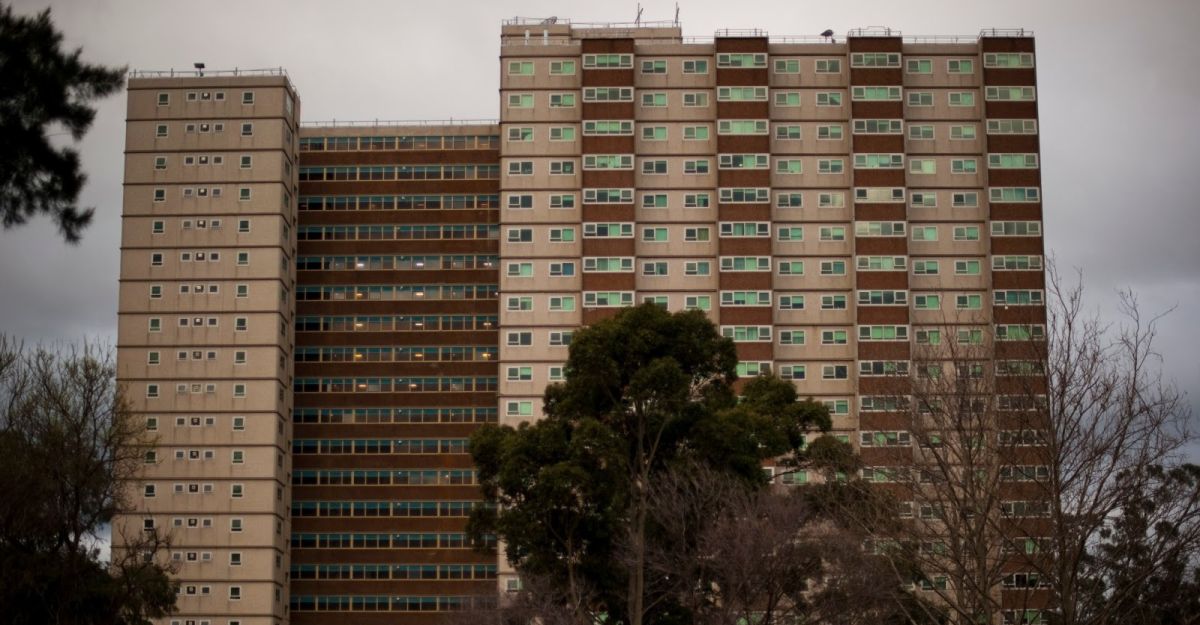I am an adoptee, born in Greece, adopted by Australian parents as a baby. I always considered myself an Australian, even though my first language was not English. So I read with interest a story about a Brisbane adoptee who was also born overseas but who recently had her citizenship questioned.
My parents immigrated to Australia in 1956 from the small village of Florina in northern Greece. Dad came first; Mum followed, was introduced by her brother, and soon married. My parents tried for eighteen years to have children. After three miscarriages, they were ready to give up.
Then my mum’s brother, who was still in Florina, proposed having another child that he would give to her to raise in Australia. At the time, this was a not uncommon arrangement in large ethnic families where there were problems with fertility, and even finances. So Mum travelled back to the village in summer 1974, arriving a month after I was born. Six months later, and with my biological parents’ blessing, she took me Down Under.
I didn’t find out about my adoption until 1999. On a hot January day, my adoptive mother – my biological aunt – sat me down and told me about her brother, his wife, and their children. I was, naturally, overwhelmed. I’d grown up as an only child and suddenly had two adult brothers. And two more parents.
Teresa Mullan is a Brisbane adoptee who was born in New Zealand in 1963 and adopted in Australia several months later. Without knowing Teresa, we already have something in common: that moment of enlightenment when we learnt the truth about how we came into being. This is the single moment that ties all adoptees and also tears our lives in two: two families, but also two periods of time, the before and the after. The before, we discover, is an illusion, a fallacy, while the after is a scary period of self-exploration where we are continually questioning our identity – who am I?
Further complicating this search for identity is the discovery that our adoption crosses borders. This is something that I also share with Teresa. Are we inter-country adoptee Australians, or are we … something else? It’s no longer simply a question of identity that we’re asking ourselves. It’s also a question of nationality – what am I?
For more than half a century, Teresa thought she was Australian. This is an understandable assumption. She raised children here, worked for governments, voted at federal elections, and travelled the world on an Australian passport. It makes a compelling case. I’d think the same.
So I shared Teresa’s surprise to discover she was no longer recognised as a bona fide Australian citizen due to recent changes in the law. I also shared her concern. Did the same apply to me? Like Teresa, I hold an Australian passport, have worked for the government, have voted, and became the parent of children born in Australia.
But there is a difference: a single, double-sided, colour sheet of stiff A4 paper. This is my Australian citizenship certificate.
My adoptive parents became Australian citizens in the mid 1970s when Gough Whitlam was prime minister. Immigration Minister Al Grassby spoke in 1973 of the ‘family of a nation’ to describe his government’s aim of achieving a multicultural Australia through changes to citizenship legislation. During this time, there was a significant jump in the number of people becoming citizens. It was a halcyon time to be a new Australian.
Another roaring time for taking out citizenship was the late 1980s. This was when I, as an awkward, bespectacled teenager, secured my invaluable piece of A4 paper.
I actually had little to do with the decision to become a citizen. It was all my parents’ doing. For many years, they were told I was ‘already Australian’ by virtue of their (adopted) citizenship. This was often by schoolteachers and low-level bureaucrats, which was the extent of my dealings with officialdom. So they did nothing about it. But little did the officials realise the history behind how I came into being. Little did I.
It was only in the 1980s, as I grew older, that my adoptive parents thought otherwise. On paper, they were Australians, and yet their son was not – he was Greek, of the old world. It didn’t sit right. Helping sway their position were public messages at the time. The year 1989 was declared the Year of Citizenship by Prime Minister Bob Hawke, and a letter was sent to every household in the country encouraging those eligible to apply for citizenship. An advertising campaign was launched, as well as a telephone hotline.
At the time, becoming an Australian citizen was not big news. It was almost a given, an anticlimax. I nonchalantly stuck the coloured sheet of A4 paper between the pages of an oversized atlas and got back to playing Atari videogames and riding my ten-speed racing bike and failing spectacularly to impress girls.
It is now nearly thirty years since I became a citizen. The world has changed, grown more wary and suspicious, and countries are busily shoring up their borders. Looking back, citizenship was perhaps the greatest gift my adoptive parents could’ve given me, after life itself.
I hope other inter-country adoptees are able to navigate the new world and find their nationality – what am I? – soon.
Because finding your identity – who am I? – is a separate journey. One that is far more deep, confronting, and personal. And one that no piece of A4 paper can help you with.
–
If you liked this article, please subscribe or donate.
Image: Bess Sadler/Flickr






